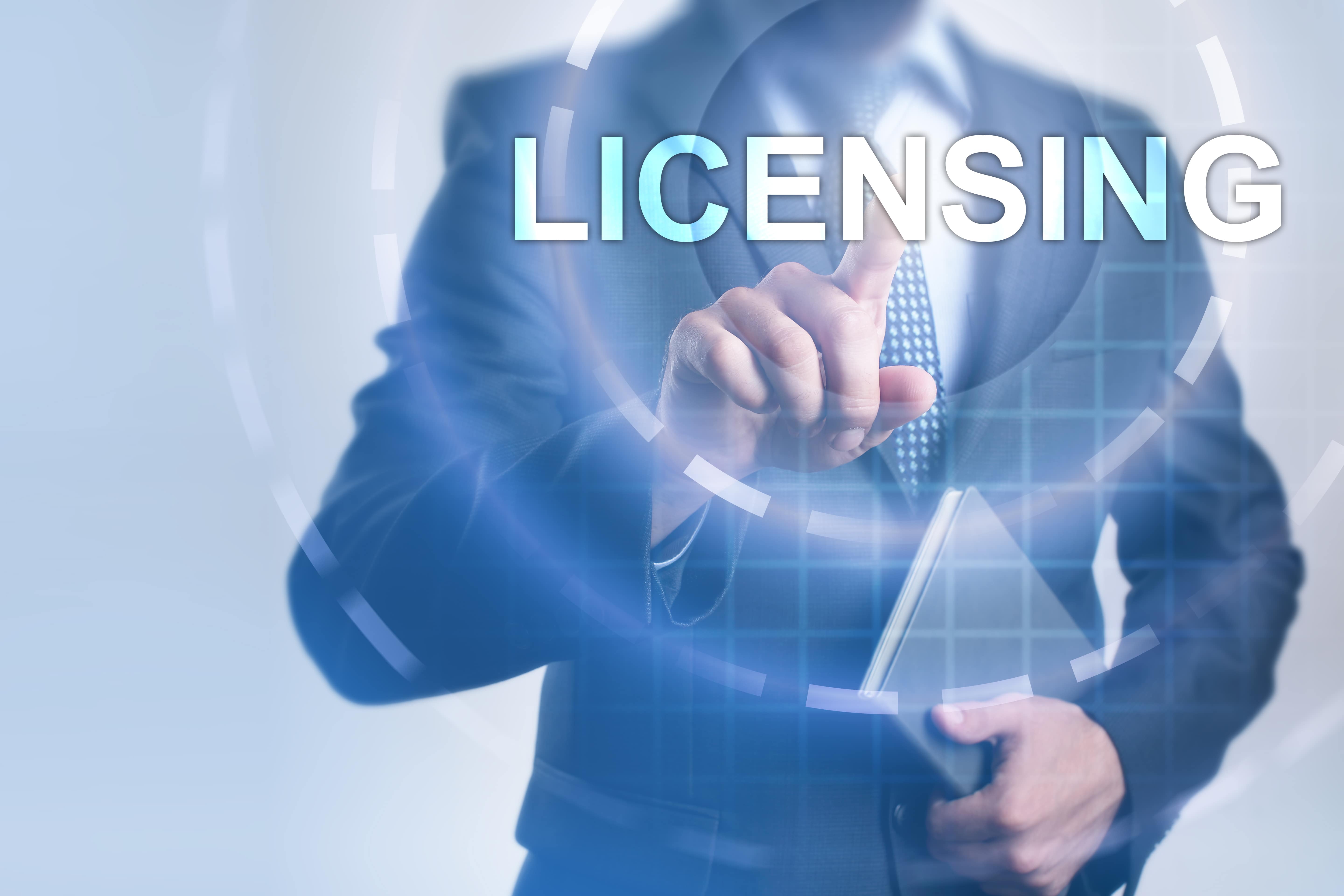The main purpose of goods vehicle operator licensing is to ensure:
Safe and proper use of goods vehicles,
Ensure fair competition through a consistent application of the rules,
To protect the environment around operating centres.
It is unlawful in Northern Ireland to use a goods vehicle on a road, for the carriage of goods, either for hire or reward or in connection with any trade or business carried out by the user, without holding an operator’s licence, unless permitted to do so by a legal exemption.
If you drive goods vehicles weighing more than 3.5 tonnes, which carry goods as part of a trade or business, you need to have a goods vehicle operator's licence. This also applies to light goods vehicles between 2.5 and 3.5 tonnes which are used to carry goods in the EU.
Who Is Responsible for Issuing Licences?
The Department for Infrastructure is responsible for issuing licences in Northern Ireland on the basis of undertakings given by the applicant.
The Role of the Department?
The Department acts as licensing authority and regulatory tribunal under the Operator Licensing regime.
The Department for Infrastructure, and its statutory functions are undertaken by the Transport Regulation Unit (TRU) and those bodies / individuals who have been entrusted to undertaken duties under delegated authority.
TRU works with statutory bodies to monitor licence holder compliance and has the authority to call operators to:
Hearings
Public inquiries
Take Regulatory Action Including
Curtailment
Suspension
Revocation
Disqualification of people from holding a goods vehicle operator's licence.
How Can FLEET FIXATION Ltd Help?
We are experts in dealing with the complexities of operator licence matters. Everything from Applications, DVA Audits and Public Inquiries.
Allow us to sort your compliance requirements while you focus on the running of your business.
For more information about Driver CPC training visit CPC Training Northern Ireland.
